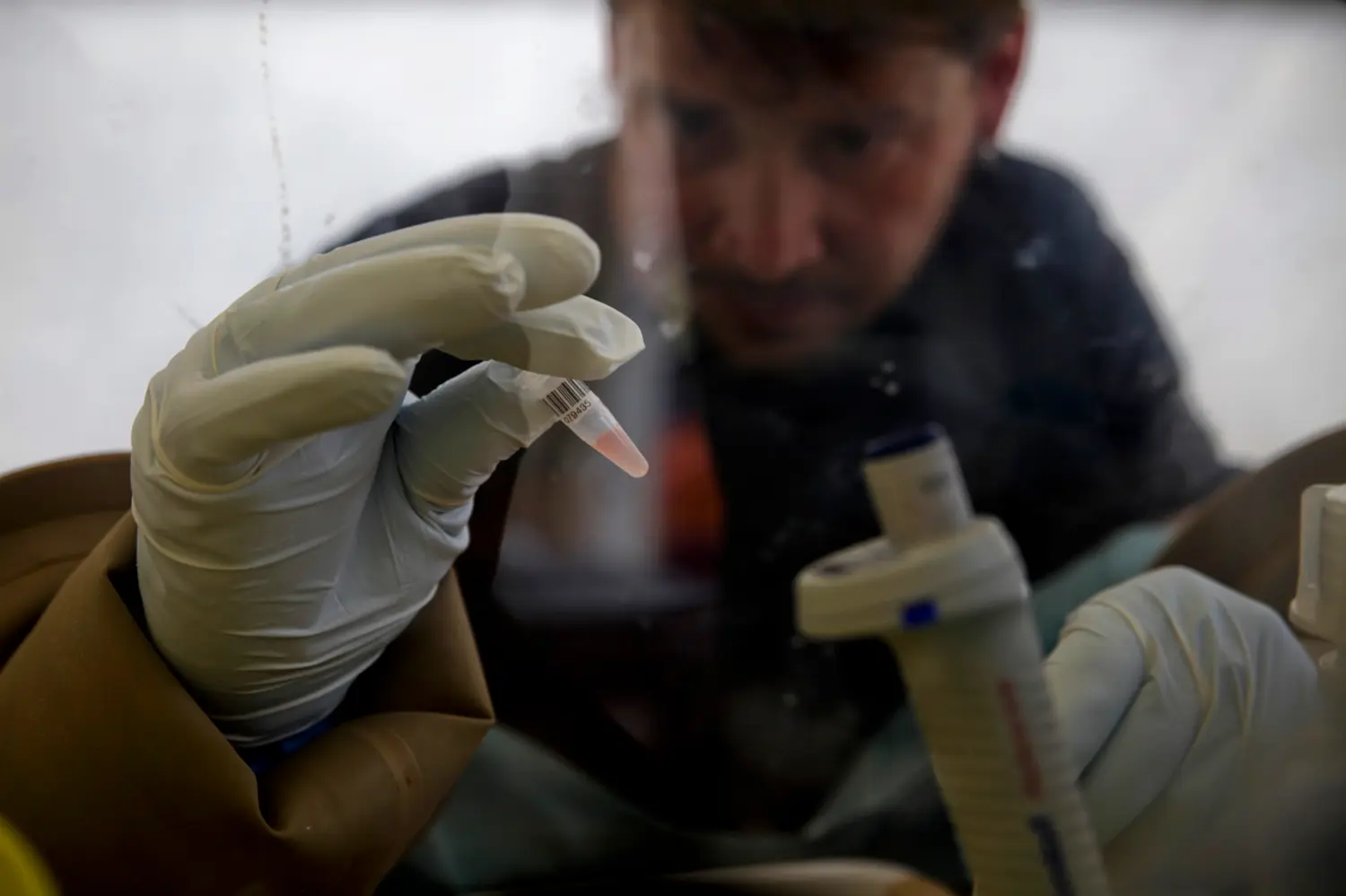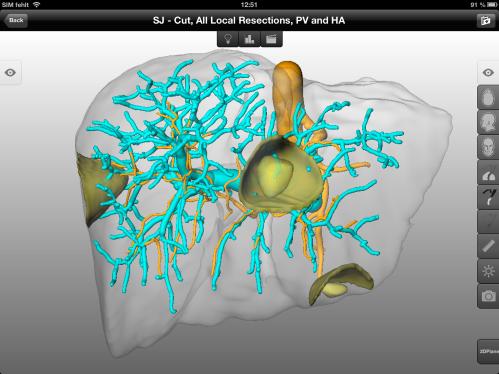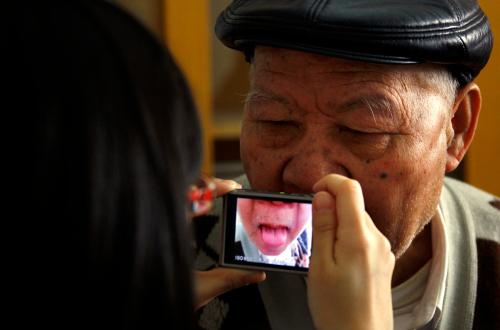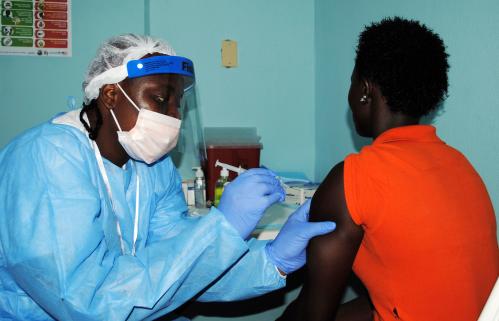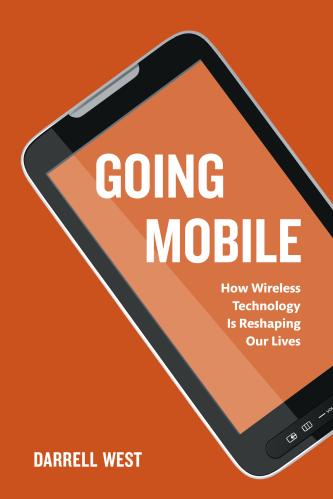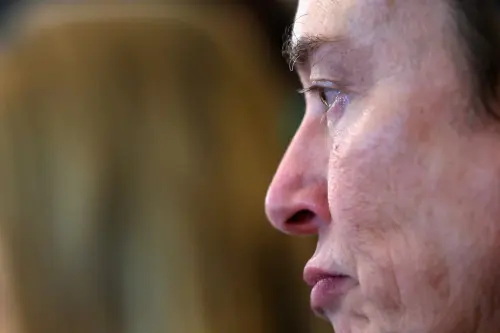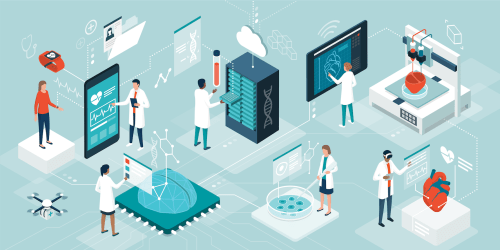Today, many emerging countries struggle to provide basic health care to their citizens. And the lack of quality maternal, infant and child care has a devastating impact in these areas. Yet medical practitioners, government agencies, and private industry are beginning to learn how mobile technology can be harnessed to develop and inspire solutions to aid the health of people and nations.
In this report, Darrell West examines mHealth applications in Africa. In particular, he focuses on Nigeria, Liberia, and Sierra Leone and takes a brief look at other innovations occurring in the North African country of Morocco. West examines how mobile technologies have improved maternal health care and helped deal with disease outbreaks such as Ebola.
The report covers examples and case studies of how mobile innovations are working to improve health care in Africa. It also includes a discussion of the following issues:
- Challenges and opportunities for mHealth in developing countries
- Nigeria case study on mHealth impact and benefit
- Aiding the fight against Ebola
- Mobile health solutions in Liberia and Sierra Leone
- Examples of the impact of mHealth in other areas and other parts of the developing world
- Rural versus urban care
- Key to continued mHealth impact for developing countries
Mobile innovation offers an opportunity to strengthen the capacity of clinicians and increase the quality of timeliness of delivery of critical maternal and child health services. They have brought needed medical expertise to frontline health workers, systematized the compilation of patient information, tracked the spread of epidemics, and boosted disease training, diagnosis, and treatment. The bottom line is that mobile solutions represent a valuable way to improve patient treatment and public health reporting in the developing world.
The Brookings Institution is committed to quality, independence, and impact.
We are supported by a diverse array of funders. In line with our values and policies, each Brookings publication represents the sole views of its author(s).

